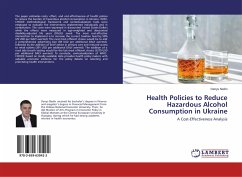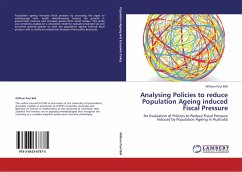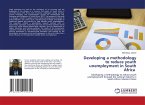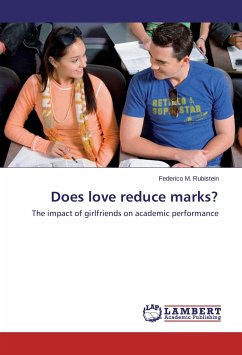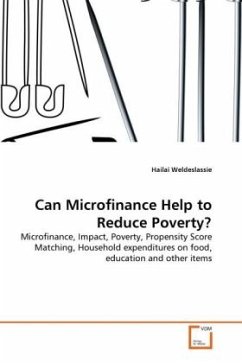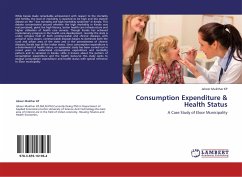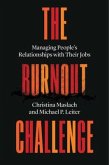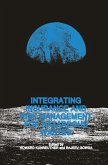The paper estimates costs, effect, and cost-effectiveness of health polices to reduce the burden of hazardous alcohol consumption in Ukraine. WHO-CHOICE methodological framework and contextualization tools were employed to evaluate five interventions implemented individually and in combination. The costs were expressed in discounted United States Dollars while the effects were measured in age-weighted and discounted disability-adjusted life years (DALYs) saved. The most cost-effective intervention to implement is to increase the current taxation level by 50% (29 USD per DALY averted). The next most efficient choice would be to add a comprehensive advertising ban (69 USD per additional DALY averted), followed by the addition of brief advice in primary care and reduced access to retail outlets (391 USD per additional DALY averted). The addition of a road side breath testing would be the last most efficient choice (3279 USD per additional DALY averted). To conclude, contextualization of WHO-CHOICE based on locally available data provides health policy makers with valuable economic evidence for the policy debate on selecting and prioritizing health interventions.
Bitte wählen Sie Ihr Anliegen aus.
Rechnungen
Retourenschein anfordern
Bestellstatus
Storno

